To advance progress for children and youth worldwide, it is critical for the global community to recognize education as essential for human development. As Education For All and the Millennium Development Goals (MDGs) sunset in 2015, and the U.N. secretary-general launches Education First, the education sector has a unique opportunity to raise the profile of global education goals to ensure access plus learning becomes a central component of the global development agenda.
Online discussions for the global thematic consultations on education in the post-2015 development framework are now in progress, along with countless other meetings and events hosted by civil society, NGOs, development agencies and more. The official consultations, supported by UNICEF and UNESCO, include four phases of e-discussion that are taking place between December 2012 and February 2013 on the topics of equitable access to education; quality of learning; global citizenship, skills and jobs; and governance and financing for education. Each of the e-discussions will run for 2 weeks and each week will have a new set of questions to guide the discussion. Other key events during the consultation process will include a global meeting on education in Dakar, Senegal, on March 17, 2013, and the finalization of a synthesis report on March, 31, 2013 that summarizes input to the online discussions. Opinions gathered will be used directly by the U.N. and world leaders to plan a new development agenda.
The public consultation on education is one of 11 themes being addressed in the post-2015 consultation process. The other themes are growth and employment; health; inequalities; environmental sustainability; governance; hunger, food security and nutrition; conflict and fragility; population dynamics; water; and energy.
Opportunity to Influence the Discussion on Quality of Learning
The second stage of the education consultations on Quality of Learning is open until January, 21 via the Global Thematic Consultation online discussion on education in the post-2015 development agenda.
The questions posed are:
- How should learning outcomes be measured and how can measurement of learning improve education quality?
- What could be a universal measurable indicator to measure quality of learning in (a) formal education and (b) the nonformal sector? Should there be targets, and interim targets?
- What would be your recommendations to address and improve the quality of education in the post MDG framework?
- What are the key policy implications for an education goal in the post-2015 development agenda?
- How could access to education, equity and quality learning be combined in a post- 2015 learning goal?
- What specific actions should be taken to facilitate the quality education for the most marginalized groups, such as girls and women, ethnic and other minorities, disabled, refugee and IDPs and child soldiers?
- What specific actions and interventions should be recommended for each of the following actors: governments; school boards and other school-based actors; stakeholders, such as teacher and student unions, parents associations, etc; civil society; communities; private sector; academia, including universities and research institutes; media; U.N. system and international donor community.
Answers to these questions could be answered in a number of ways and it will be essential for the education community to engage in these consultations. There are, however, some emerging areas of agreement that we see from our research and policy work, including:
- A focus on literacy is essential but not sufficient. We have yet to find an educator that disagrees with ensuring children master literacy skills early in their educational career in order to prepare them for their lives, livelihoods and future education. However many argue that while this is an essential foundation, it must be accompanied by other foundational skills such as numeracy and problem-solving or critical thinking. Indeed, the U.N. secretary-general’s Education First initiative sets a goal of ensuring all children are fully literate and numerate after four years in school. The initial recommendations of the global Learning Metrics Task Force recommend children are supported in seven crucial domains of learning, including literacy and numeracy as well as physical well-being, social and emotional development, culture and the arts. Ultimately, in the decades to come, the quality of education systems will determine if a country’s young people will be active participants in the knowledge economy or will be left in the margins. To be active participants, young people must be fully literate but also must be able to work in teams, communicate across cultures, and analyze problems to develop creative solutions.
- A focus on the education continuum from early childhood through post-primary is needed. Educators agree that the capacities built in early childhood greatly impact the success of children in primary school, which in turn is the platform for their ability to transition well to the various forms of post-primary education (formal or nonformal). Quality education needs to be prioritized across this education continuum and a narrow focus on only one piece is not likely to produce the desired results. The current MDG focus on primary education should be expanded in the next round. Our Global Compact on Learning report, along with the U.N.’s Education First initiative and the global Learning Metrics Task Force all seriously consider the full continuum of education starting with early childhood and moving through post-primary.
- Schools will be only one venue for learning in the future. The role of schools in developing the skills and capacities of young people is changing. Technology has opened access to learning opportunities that were previously unattainable. Girls in rural Pakistan can study by text message even if they can’t leave their homes in insecure areas. Children in rural Ghana can access the world’s libraries through an e-reader even when they have no books in their school or house. The future of education will be less about bringing children to schools – which has been a major focus in the first set of MDGs – and more about bringing learning to children. Teachers will do more coaching and guiding and less lecturing. Those in developed countries who are pushing the bounds of open educational resources argue that, in the future, young people should be doing their homework at school (where teachers and peers can problem solve together) and learning their lessons at home (via video or other means). Two decades from now the lines between formal education and nonformal education could be so blurred that we may abandon the distinction all together and only discuss learning and equity in accessing quality learning opportunities.
In the coming months, the Center for Universal Education will continue to track and share, via blog posts such as this one, opportunities for education stakeholders within the post-2015 discussions and events. Stay tuned for our next blog post, which will map and share current proposals for education within the future development goals.
The Brookings Institution is committed to quality, independence, and impact.
We are supported by a diverse array of funders. In line with our values and policies, each Brookings publication represents the sole views of its author(s).

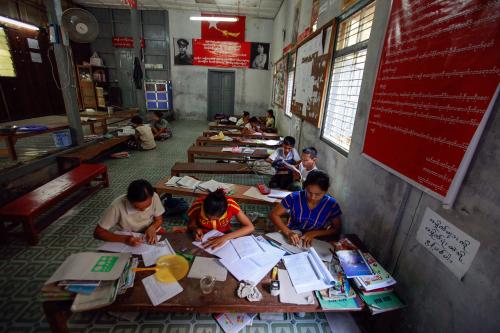
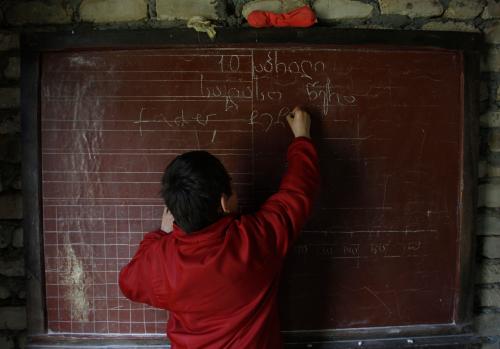
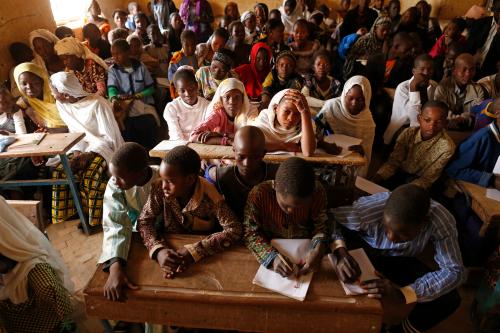
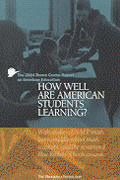

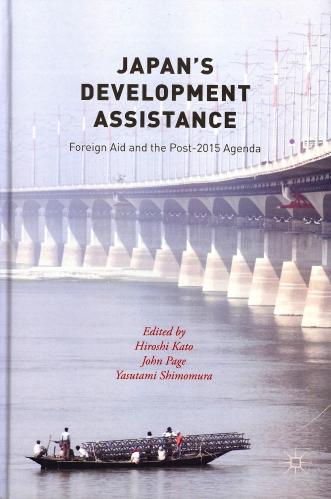
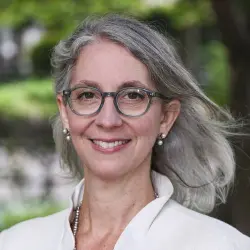
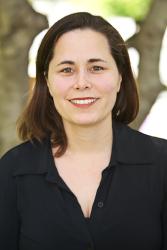


Commentary
Tracking Post-2015 Opportunities for the Education Sector Worldwide
January 18, 2013